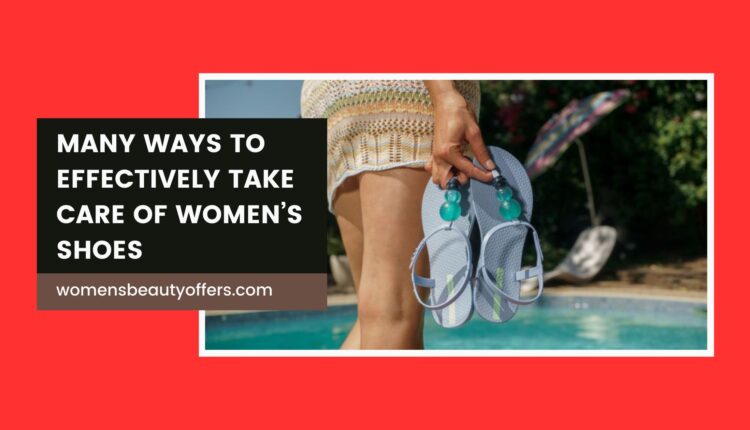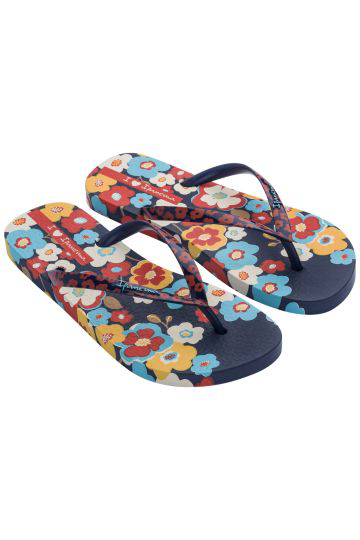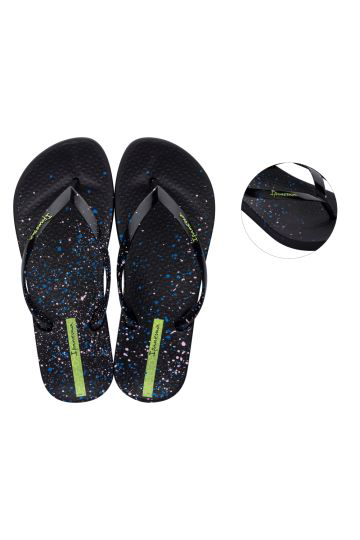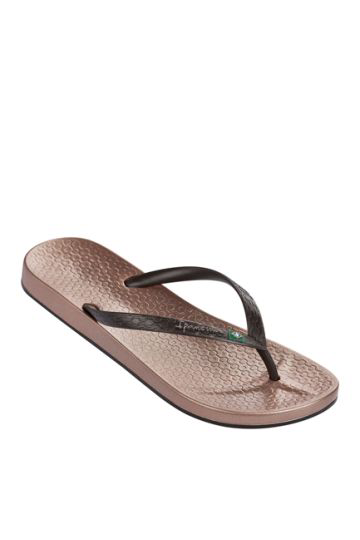Table of Contents
It is hardly surprising that shoes’ average lifespan substantially decreases, given the daily abuse they endure. But if you give proper care to your shoes, you can ensure that your flats, stilettos, boots, and sandals continue to seem brand-new and glossy for a longer period. To maintain the women’s footwear you use, you need to know what type of material your shoes are made up of. For example, women thongs look new and last longer. Here is some tried-and-true advice for always maintaining the optimum condition of women’s shoes.
Storing the shoes
Before moving on to daily wear and tear, you need to discuss storage first. Shoes should be stored in a cool, dry area. Shoe storage cubbies or shelves should be used if there is room. If you live in a small area, you can arrange shelves or shoe racks on the floor of the closet or hang a shoe bag with numerous pockets from the back of a door. If you preserve shoes in their original packaging, mark the box with a label or a photo for quick identification.
Wipe off any dirt from women thongs before putting them in their designated areas to prevent it from drying out and staining the material. The shoes won’t sag or lose their shape over time if you stuff them with tissue paper or shoe trees.
Preventative care
Well-made shoes with stitched soles and structural uppers can be mended repeatedly. But you can avoid making a last-minute trip to the cobbler by adding a little security when the shoes are still fresh. Your beloved women thongs won’t lose their appeal too soon because of carefully applied sole protectors, rubber tapping for pointed toes, and waterproofing leather soles.
Snow, ice, salt, or rain can all readily destroy the material; waterproof sprays or conditioning lotions will help in protecting them from these elements. Always follow the manufacturer’s instructions and test on a discrete area before use.
Wipe your shoes
You can increase your longevity by washing your shoes clean after each wear. To remove dirt, use a brush and a moist towel. This can prevent stains and minor scuffs from becoming permanent and keep your shoes clean and free of dirt and dust. In order to prevent permanent stains and preserve the longevity of your shoes, you must never store dirty shoes.
Avoid regular use
Most individuals have the desire to wear the same shoes each day. Shoes, however, also require some days to rest. Rotating your shoes will also give them a chance to rest; thus, it is advised. You should give your shoes some air and time to breathe. Thereby, refrain from wearing the same pair of shoes three times a week. You can extend your shoes’ lifespan by giving them enough time to relax and regain their original shape.
Water protector
Using a water protector is one of the greatest shoe care methods to preserve your footwear on rainy days. Regardless matter the material, you should spray a water repellent on your new shoes. This will guarantee that the shoes cannot be soaked by liquids or rain. You should carry out this procedure at least four times a year. Let your leather shoes air dry if they have been wet because blow-drying them will cause them to shrink.
Shoe trees
Furthermore, women should buy shoe trees to store their shoes while not in use. These trees work well for females’ shoes with heels, boots, and other styles. These will aid in removing sweat or rain-induced dampness. Also, they will keep the shape of the shoe, preventing creasing. Ideal shoe trees should be made of wood, preferably cedar. Plastic models, on the other hand, are more reasonably priced.
Keep them covered
Because the shoe material wants to breathe, you should store women thongs in cotton or felt shoe bags to protect them from dust and grime. Avoid storing the shoes in plastic bags because they will dry out. You can use a shoe rack instead if you don’t have a breathable bag. But make sure there is room between them, especially if wearing leather or patent leather footwear.
Final thoughts
Always keep your shoe soles supported. The soles of your shoes may become worn out if you do a lot of walking. A sole protector or reinforcement can be glued on upon request to a cobbler. Your shoes won’t let water inside and will be slip-resistant thanks to this thin coating of rubber. This will add several years to the lifespan of your shoes.






